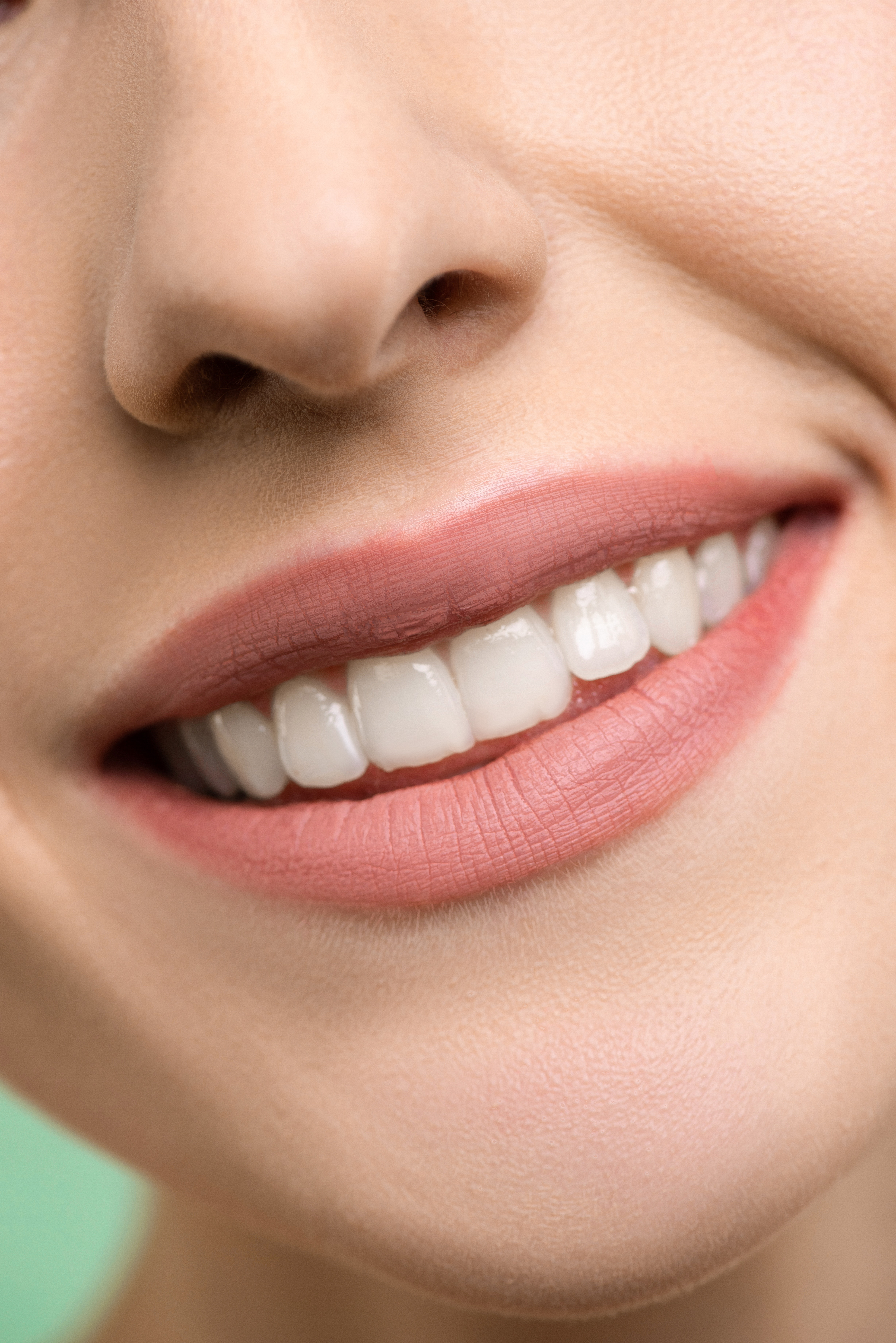The Role of Dental Crowns in Restorative Dentistry: More Than Just a Cosmetic Fix
Posted by Dr. Lee on Jan 26 2025, 10:25 PM
When it comes to dental healthcare, many people think of routine check-ups and cleanings. However, there’s a critical player in restorative dentistry that often flies under the radar—dental crowns. If you’re looking for solutions to strengthen and protect your teeth while improving your smile’s appearance, dental crowns in Aurora, CO, might be just what you need. These versatile restorations serve a purpose far beyond mere aesthetics; they play an essential role in maintaining oral health and function. Let’s explore how these remarkable tools can make a significant difference in your dental care journey.
How do Dental Crowns Work?
Dental crowns are custom-made caps designed to cover damaged or decayed teeth. They restore both function and appearance, making them a vital aspect of restorative dentistry.
The process begins with your dentist assessing the tooth's condition. If it’s severely worn or weakened, a crown will provide stability.
Once the assessment is complete, the affected tooth is prepared by removing any decay and shaping it for a snug fit. Impressions are then taken to create a precise model of your mouth.
After this, you’ll receive a temporary crown while your permanent one is crafted in a lab. This ensures protection during the wait.
When your permanent dental crown arrives, it’s cemented securely onto the prepared tooth. The result? A strong restoration that blends seamlessly with your natural smile and enhances chewing efficiency.
Types of Dental Crowns
When exploring dental crowns, you'll find several types tailored to meet different needs.
- Porcelain crowns are popular for their natural appearance. They blend seamlessly with your teeth, making them ideal for front teeth restorations.
- Metal crowns offer exceptional strength and durability. These are often used on back teeth where pressure from chewing is greatest.
- Ceramic crowns provide a middle ground—offering both aesthetics and longevity. They withstand wear while looking great in any smile.
- Resin crowns tend to be less expensive but may not last as long as other materials. They're typically reserved for temporary solutions or less critical areas of the mouth.
Each type has its unique advantages, allowing dentists to choose the best option based on individual patient needs and preferences. Understanding these differences can help you make informed decisions about your dental care journey. Contact us to learn more.
Benefits of Dental Crowns in Restorative Dentistry
Dental crowns play a vital role in restorative dentistry, offering numerous benefits beyond mere aesthetics. They provide robust protection for damaged teeth, ensuring they remain functional and intact.
By covering the entire tooth structure, crowns help prevent further decay or fracture. This is especially important for teeth that have undergone root canal treatment or sustained severe trauma.
Additionally, dental crowns can improve bite alignment and overall oral health. When a tooth is restored with a crown, it redistributes chewing forces evenly across your mouth.
This not only enhances comfort but also helps avoid complications in surrounding teeth. With various materials available, including porcelain and metal alloys, patients can choose options that blend seamlessly with their natural smile while enjoying long-lasting durability.
Investing in dental crowns means prioritizing both form and function in your oral care journey.
Common Conditions That Require Dental Crowns
Dental crowns serve a vital purpose in addressing various dental issues.
- One common condition is extensive tooth decay. When cavities compromise a significant portion of the tooth, crowns can restore its strength and function.
- Another situation arises after root canal therapy. The procedure often leaves teeth vulnerable. A crown provides the necessary support and protection for these treated teeth.
- Cracked or fractured teeth also benefit from crowns. They shield damaged areas, preventing further deterioration while maintaining aesthetics.
- Additionally, worn-down teeth from grinding can be restored with crowns to regain their natural shape and size.
Dental crowns play an essential role in anchoring bridges when there are missing teeth, ensuring stability and enhancing overall oral health.
The Procedure and Recovery Process for Getting a Dental Crown
Getting a dental crown typically involves two main appointments. During the first visit, your dentist will assess the tooth needing repair. They may take X-rays to determine the extent of damage.
Once prepared, they’ll shape the tooth and create an impression for a custom crown. This usually requires some local anesthesia to ensure comfort throughout the process.
While waiting for your permanent crown, you’ll receive a temporary one to protect your tooth. The second appointment occurs when your final crown is ready. Your dentist will remove the temporary crown and cement in place of the new one.
Recovery is generally quick. You might experience slight sensitivity or discomfort for a few days as your mouth adjusts. Soft foods are recommended initially while you heal completely from any minor soreness or irritation around the gum line.
Conclusion: Why Dental Crowns are Essential in Restorative Dentistry
Dental crowns play a vital role in restorative dentistry, and their importance extends beyond merely enhancing aesthetics. They provide structural support, protect damaged teeth, and restore functionality for daily activities like eating and speaking. For those seeking dental solutions in Aurora, CO, understanding the multifaceted advantages of dental crowns is key.
These versatile restorations can address various dental issues while ensuring that your smile remains intact. Whether it's due to decay, trauma, or wear over time, crowns serve as a reliable option for restoring both health and appearance. The right crown not only blends seamlessly with existing teeth but also empowers patients to regain confidence in their smiles.
Choosing to invest in dental crowns means prioritizing oral health alongside beauty. It's essential for anyone facing tooth problems to consult with a knowledgeable dentist who can guide them through the options available. With proper care and maintenance post-procedure, dental crowns can last many years while significantly improving quality of life.
In the realm of restorative dentistry, embracing treatments like dental crowns paves the way for healthier smiles today and long into the future.



